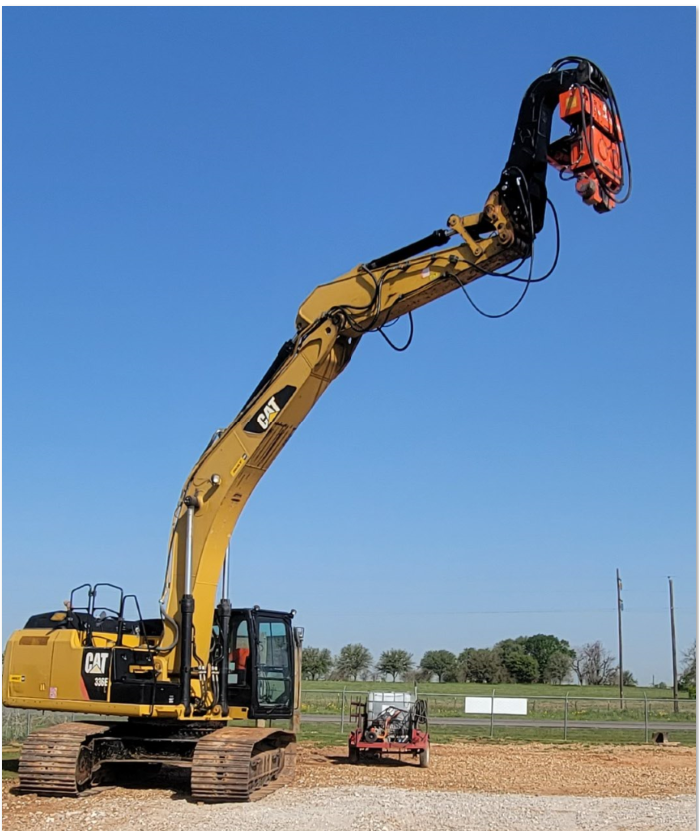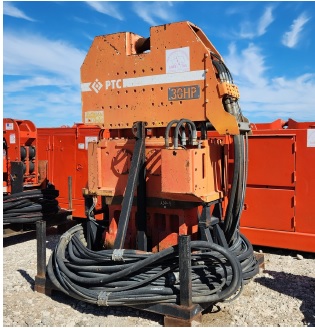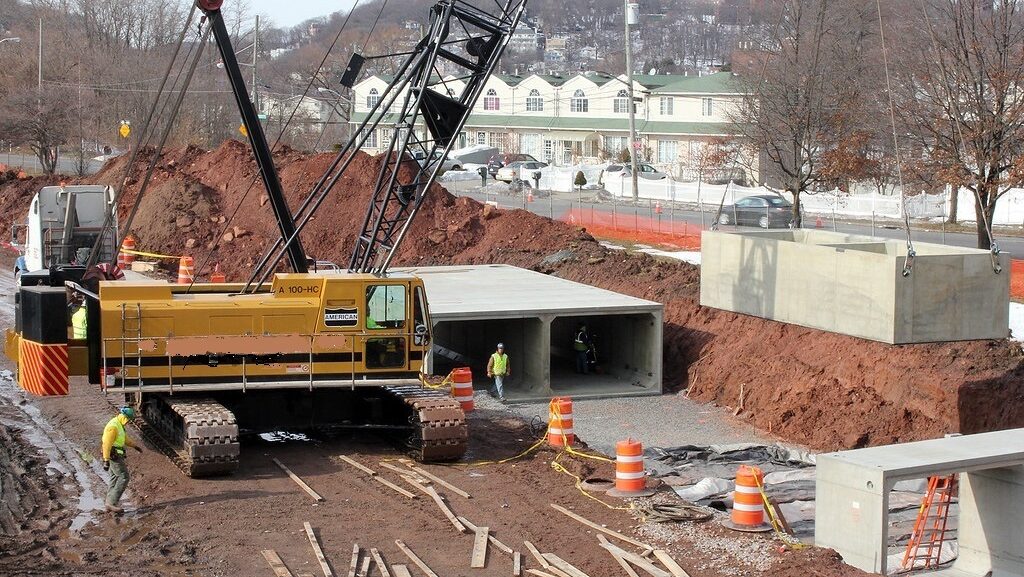When it comes to acquiring construction equipment for your projects, the decision between purchasing and renting can be a challenging one.
 While buying equipment may seem like a long-term investment, renting construction equipment offers numerous advantages that can benefit your business. In this article, we’ll explore the advantages of renting your construction equipment and why it may be the right choice for your company.
While buying equipment may seem like a long-term investment, renting construction equipment offers numerous advantages that can benefit your business. In this article, we’ll explore the advantages of renting your construction equipment and why it may be the right choice for your company.
- Cost Savings: Renting construction equipment can significantly reduce upfront costs compared to purchasing. Buying equipment requires a substantial investment, whereas renting allows you to allocate your capital towards other aspects of your business, such as hiring skilled labor or expanding your operations.
- Flexibility and Scalability: Renting construction equipment offers greater flexibility and scalability. You have the ability to choose the specific equipment you need for each project, ensuring you have the right tools for the job. Plus, you can easily scale up or down based on project requirements, without being burdened by the ownership of equipment that may sit idle during slow periods.
- Access to the Latest Technology: Construction equipment is constantly evolving, with advancements in technology enhancing efficiency and productivity. Renting equipment allows you to access the latest models and technologies without the expense of purchasing and continually upgrading your fleet.
- Maintenance and Repairs: Renting equipment relieves you of the responsibility for maintenance and repairs. The rental company takes care of routine servicing and any unexpected breakdowns, ensuring that your equipment is in top condition and minimizing downtime.
- Reduced Storage and Transportation Costs: Owning construction equipment requires space for storage and transportation logistics. Renting eliminates the need for storage facilities and the associated costs, as well as transportation expenses for moving equipment to and from job sites.
- Variety and Specialized Equipment: Renting gives you access to a wide range of equipment types and sizes, including specialized machinery. This allows you to tackle diverse projects and adapt to changing requirements without the need to purchase or invest in equipment that may have limited use.
- Try Before You Buy: Renting provides an opportunity to test different equipment models and brands before committing to a purchase. This allows you to assess their performance, suitability, and compatibility with your specific project needs, helping you make more informed decisions when it comes to future equipment purchases.
- Avoid Depreciation: Construction equipment depreciates over time, impacting its resale value. By renting, you avoid the depreciation factor and any potential losses associated with the declining value of owned equipment.
- Rapid Response and Support: Renting equipment often comes with additional benefits, such as quick delivery, on-site support, and technical assistance from the rental company. This can be crucial in meeting project deadlines and ensuring smooth operations.
- Tax Benefits: Renting construction equipment is typically tax-deductible as a business expense, providing potential tax benefits for your company.

In conclusion, renting construction equipment offers numerous advantages over purchasing. From cost savings and flexibility to access to the latest technology and specialized equipment, renting allows you to efficiently manage your projects, adapt to changing needs, and allocate your capital and resources wisely. Consider the specific requirements of your projects, the frequency of equipment usage, and the financial implications before making the decision to rent or purchase.
What are the advantages of renting construction equipment?
Renting construction equipment provides several advantages such as reducing upfront costs, access to the latest technologies, freedom from maintenance costs, avoiding depreciation, and providing flexibility in terms of equipment usage and project needs.
Is it better to rent or buy construction equipment?
The decision to rent or buy construction equipment depends on various factors like the duration and frequency of use, financial capacity, storage and maintenance capabilities, and the specific project needs. Renting is generally more cost-effective for short-term use or infrequent needs, while purchasing may be a better choice for long-term, frequent use.
